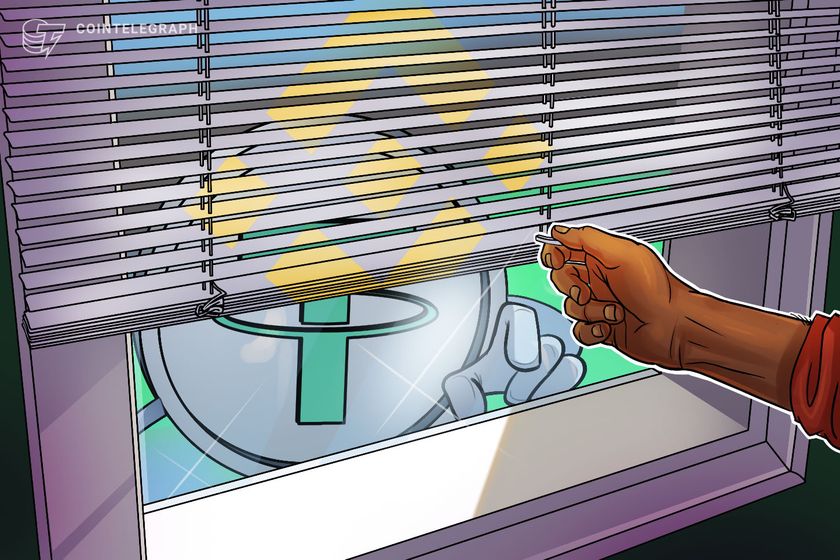

Amid the growing adoption of cryptocurrency reserves in countries like the United States, legal activists in Russia are pushing to create a potential crypto fund.
Evgeny Masharov, a member of the Russian Civic Chamber, has proposed creating a government cryptocurrency fund that would include assets confiscated from criminal proceedings.
The projected cryptocurrency fund would aim for revenues for the government, targeting social projects, Masharov said, according to a March 20 report by the local news agency TASS.
“The proceeds from the cryptocurrency fund can then be used for social, environmental and educational projects,” he reportedly stated.
“Seized crypto should benefit the state”
Masharov’s proposal came amid Russian officials progressing with new legislation on recognizing cryptocurrencies as property for the purposes of criminal procedure legislation.
Alexander Bastrykin, Chairman of Russia’s Investigative Committee, said that a related draft bill was sent to the government for consideration, the local news agency RBC reported on March 19.
“Cryptocurrencies confiscated as part of criminal proceedings must work for the benefit of the state,” Masharov said while commenting on the proposed legislation.
Evgeny Masharov, a member of the Russian Civic Chamber. Source: Oprf.ru
“For these purposes, a special fund can be created, putting cryptocurrencies on its balance,” Masharov said, expressing confidence that many of the seized crypto assets could see their market capitalization “rising significantly over time.”
Russian authorities have been seizing crypto assets for years
Masharov’s proposal to turn confiscated crypto assets for the benefit of the state follows years of the development of related legislation in Russia.
Russian prosecutors have been pushing legal initiatives to allow the government to seize crypto obtained from criminal activity since at least 2021, but there has not been a clear framework set in place.
Related: Russia using Bitcoin, USDt for oil trades with China and India: Report
In the meantime, the Russian government has not missed the opportunity to confiscate millions in cryptocurrency from illegal cases, sometimes involving law enforcement officials. Apparently, Russia’s current laws do not provide standards on where and how such funds should be distributed.
Bank of Russia governor is against crypto investment
The idea of a potential social crypto fund in Russia may sound similar to initiatives like a Bitcoin (BTC) strategic reserve, which currently targets holding confiscated BTC exclusively.
In the meantime, Russia’s central bank governor, Elvira Nabiullina, has previously strongly opposed the idea of potential investments in crypto by the Bank of Russia.
An excerpt from the US Strategic Bitcoin Reserve fact sheet. Source. White House
“Cryptocurrency investment doesn’t make any sense for the Central Bank in terms of preserving value since it’s a very volatile asset,” Nabiullina reportedly said in December 2024.
Magazine: Crypto has 4 years to grow so big ‘no one can shut it down’: Kain Warwick, Infinex



